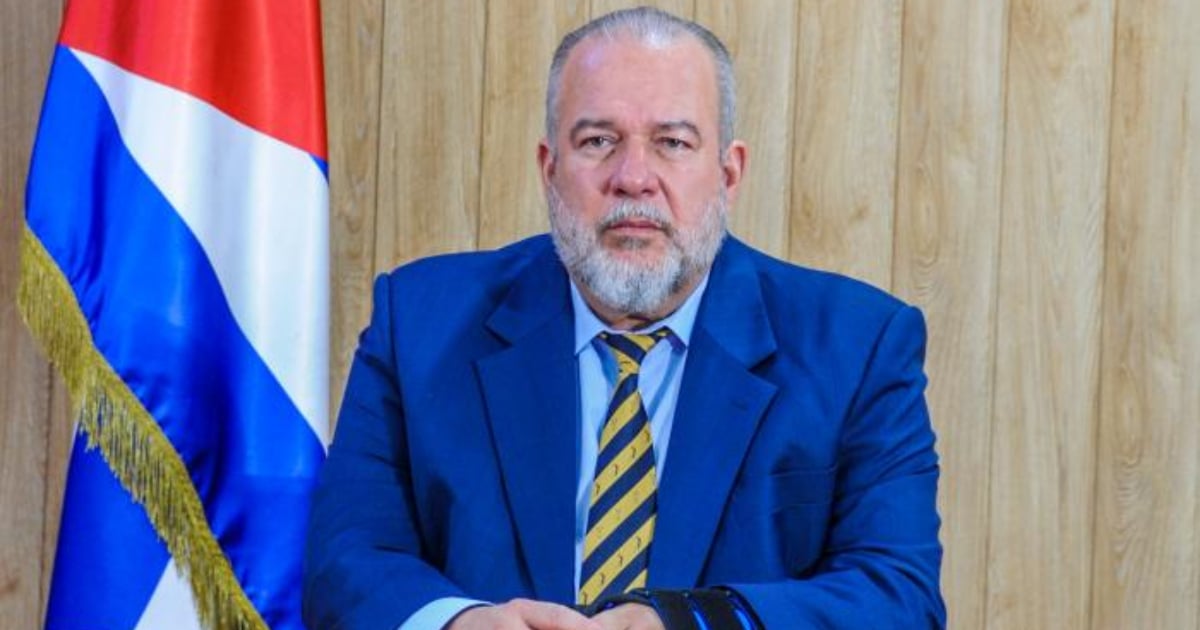On Wednesday, the Cuban government announced that inflation has shown a modest slowdown, with the rate standing at 28% by the end of October 2024. However, experts have cast doubt on this assertion, arguing that the island is actually experiencing "stagflation." Prime Minister Manuel Marrero Cruz informed the National Assembly of People's Power that although the figure remains high, it represents an improvement compared to previous levels.
He highlighted that one of the principal economic challenges is the large amount of money circulating outside the banking system, much of which is stored in cash "under the mattress," hindering economic dynamism. "Inflation is an issue we must continue to tackle," the Prime Minister emphasized, adding that it shows a minor deceleration. By the end of October, it was recorded at 28%. "Even so, it remains high," he noted.
Despite the government's emphasis on ongoing inflation challenges, analysts remain skeptical. Economist Pedro Monreal, known for his analysis of Cuba's economic conditions, openly questioned the regime's official statements. Through his Twitter account, Monreal argued that what the Cuban government presents as a slowdown in inflation is part of a narrative that overlooks the severity of the country's economic crisis.
According to Monreal, Cuba is experiencing "stagflation," marked by economic stagnation coupled with high inflation, eroding the populace's purchasing power. In this context, October 2024 saw inflation at 28%, while food prices soared by 33.3%. Monreal also noted that the Cuban economy has contracted in four out of the last six years, contradicting government claims of an "economic resurgence."
The decline in Gross Domestic Product (GDP) in 2024, which remains below 2019 levels, and a budget deficit ranging between 10% and 12% of GDP, strengthen Monreal's perspective on the country's structural crisis. This deficit has been financed through monetary issuance, exacerbating inflationary issues.
The Cuban government has projected a 1% growth for 2025, based on tourism recovery and improvements in exports and the energy system. However, Monreal views these projections as unrealistic given the structural crisis context and the lack of substantial investment. He also pointed out the contradiction between the "dedollarization" of the economy and the coexistence of partial dollarization schemes.
Regarding the decline in real wages in Cuba, Monreal highlighted that the share of labor remuneration in GDP has plummeted from 46.3% in 2020 to 18.8% in 2023, illustrating the absence of improvements in living standards, despite government promises. Increasingly discredited, the regime issues projections cautiously received, as they rely on external factors like tourism recovery and export improvements, in a context where structural difficulties remain unresolved.
Understanding Cuba's Inflation and Economic Challenges
What is the current inflation rate in Cuba?
As of October 2024, the inflation rate in Cuba is reported to be 28%.
Why do experts doubt the government's inflation claims?
Experts like economist Pedro Monreal argue that the government's claims overlook the severity of the economic crisis, pointing to issues like stagflation and structural challenges.
What is stagflation?
Stagflation refers to a situation where an economy experiences stagnant growth coupled with high inflation, leading to reduced purchasing power.
What are the projected economic growth rates for Cuba in 2025?
The Cuban government has projected a 1% economic growth for 2025, relying on tourism recovery and export improvements.
